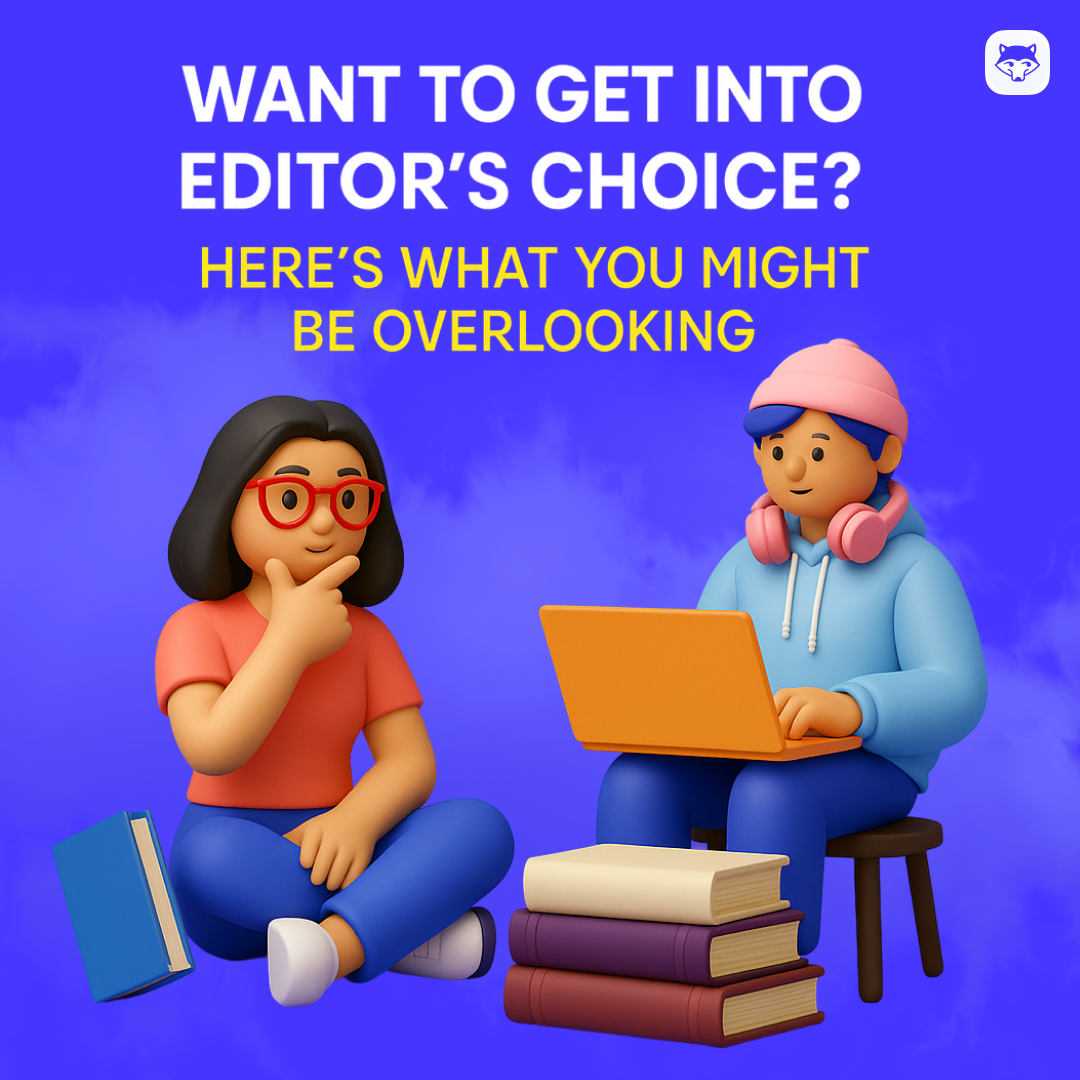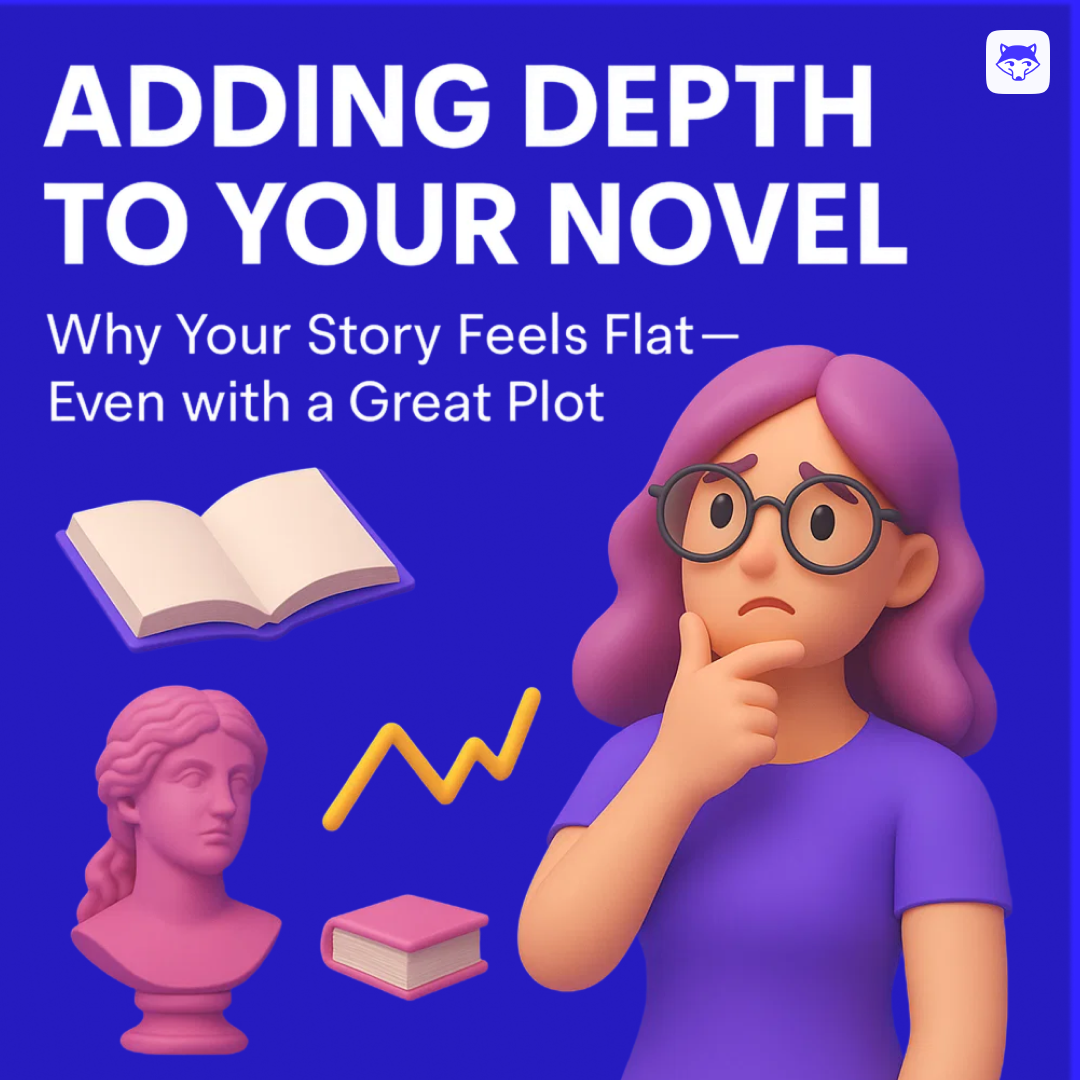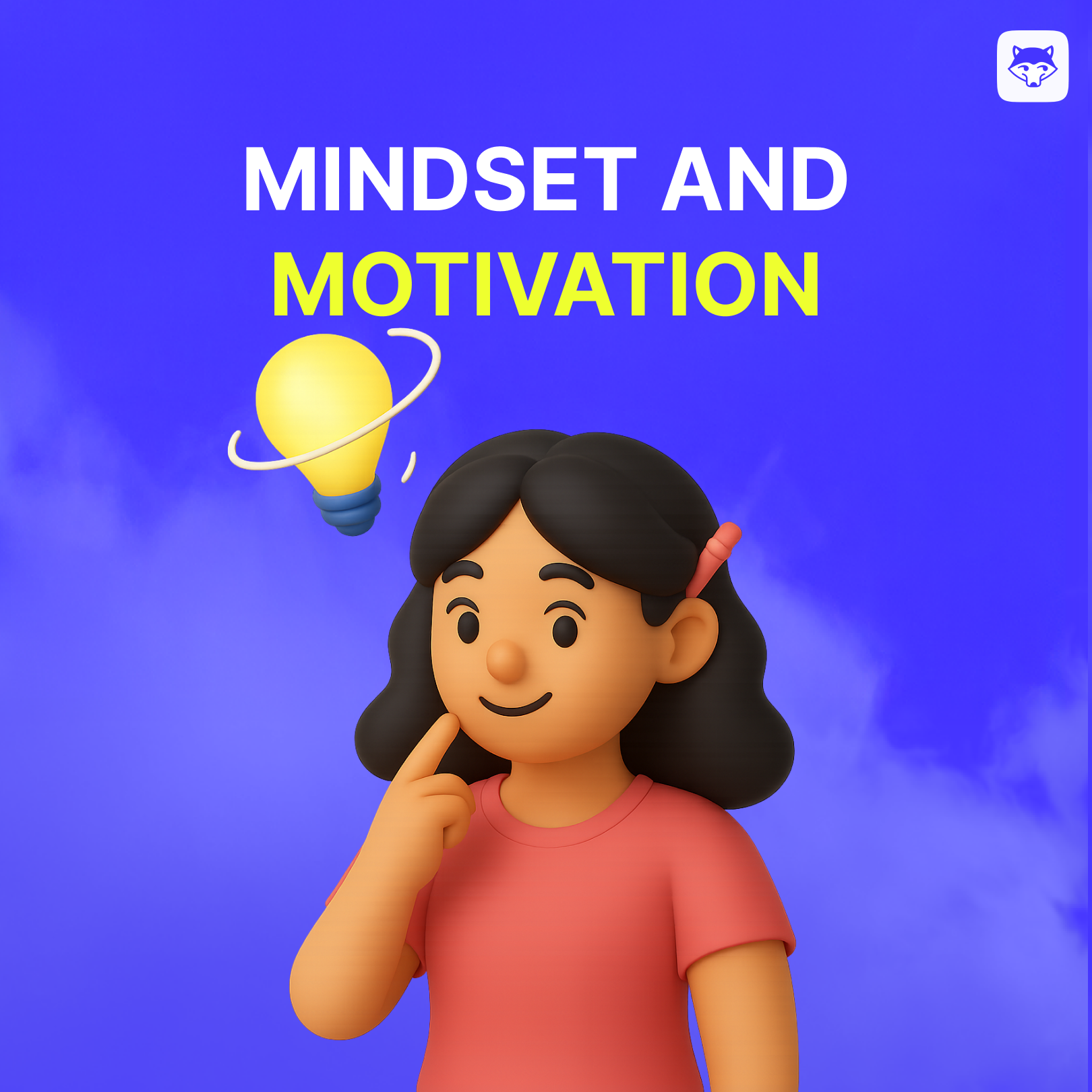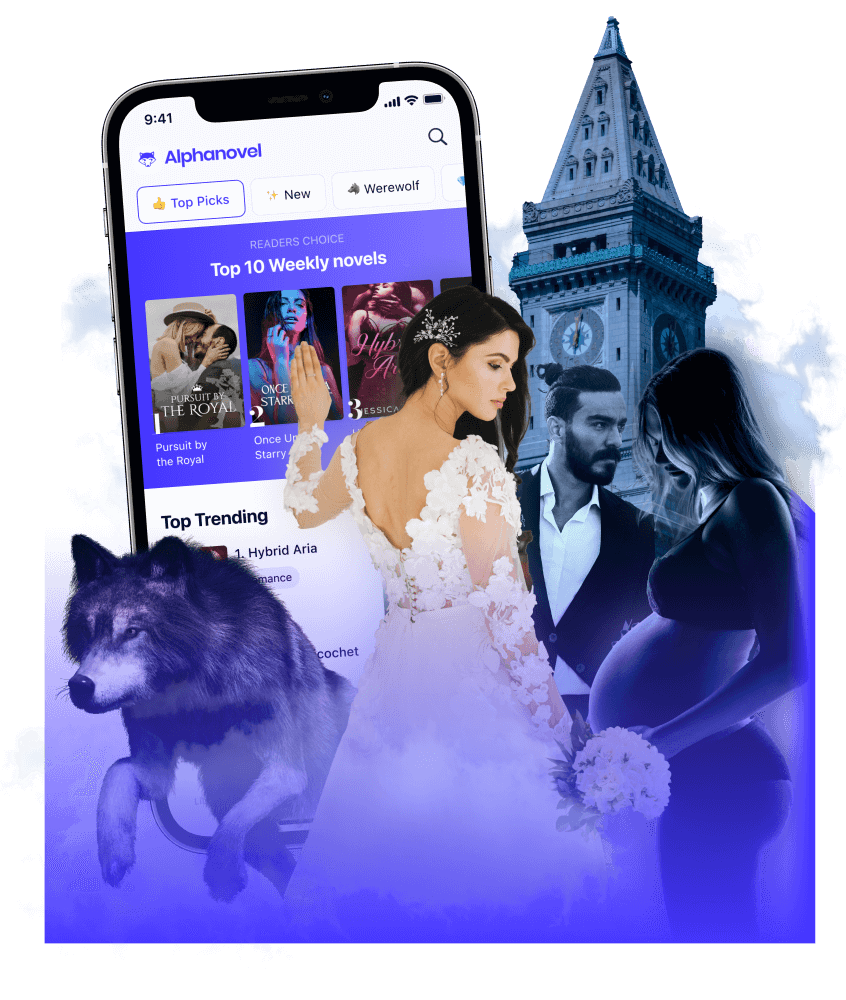Editor’s Choice isn’t about luck — it’s about a combination of quality, consistency, and how you present yourself as an author. If you’ve been wondering why your story hasn’t made the cut yet, here are a few things you might want to take a closer look at.
1. Are you showing up as an author?
It’s not just about the book — it’s also about you.
Editors notice the authors who stay active on the platform. That means consistent updates, finishing books, requesting support when needed, and responding to readers. If your only appearance is when you ask for a contract or send a random message, you might be flying under the radar.
Authors who get featured usually have a strong presence. They’re building a relationship with both the platform and their audience — and that matters.
Don’t know where to start? Go to our Facebook Authors Community.
2. Does your book make a good first impression?
Before anyone reads your story, they see the title, cover, and blurb. That first impression matters more than you might think.
If your cover is low-resolution or off-genre, your title is confusing, or your blurb gives away too much (or too little), you’re making it harder for your story to stand out. Editors and readers alike gravitate toward stories that look polished and genre-appropriate.
Think of your book’s packaging as the handshake before the conversation — it needs to be confident and clear.
3. Is your story original and authentically yours?
Editors can quickly recognize when a story lacks originality or feels pieced together from common tropes without anything fresh added in. While using popular themes is fine (and often encouraged), there should be something about your plot, characters, or voice that sets it apart.
Also, AI-generated or copied content is a definite no-go. Editors are trained to catch it, and it disqualifies a book from Editor’s Choice outright.
Tell your story your way. That authenticity matters.
4. Are the early chapters doing enough?
Editors usually read the first 5 to 10 chapters to make a decision. If the hook isn’t strong, the pacing is off, or the formatting is distracting, it becomes difficult to push the book forward.
You don’t need perfection, but you do need clarity, momentum, and solid storytelling in those early chapters. Your plot should start moving early, the main characters should appear soon, and the tone should reflect your genre and audience.
Basically, those chapters need to prove that the rest of the book is worth the read.
Want to boost your chances even more? Treat your story like it matters — because it does. Editors want to promote stories that show promise and effort. You’ve got the tools — just make sure you’re using them right.





